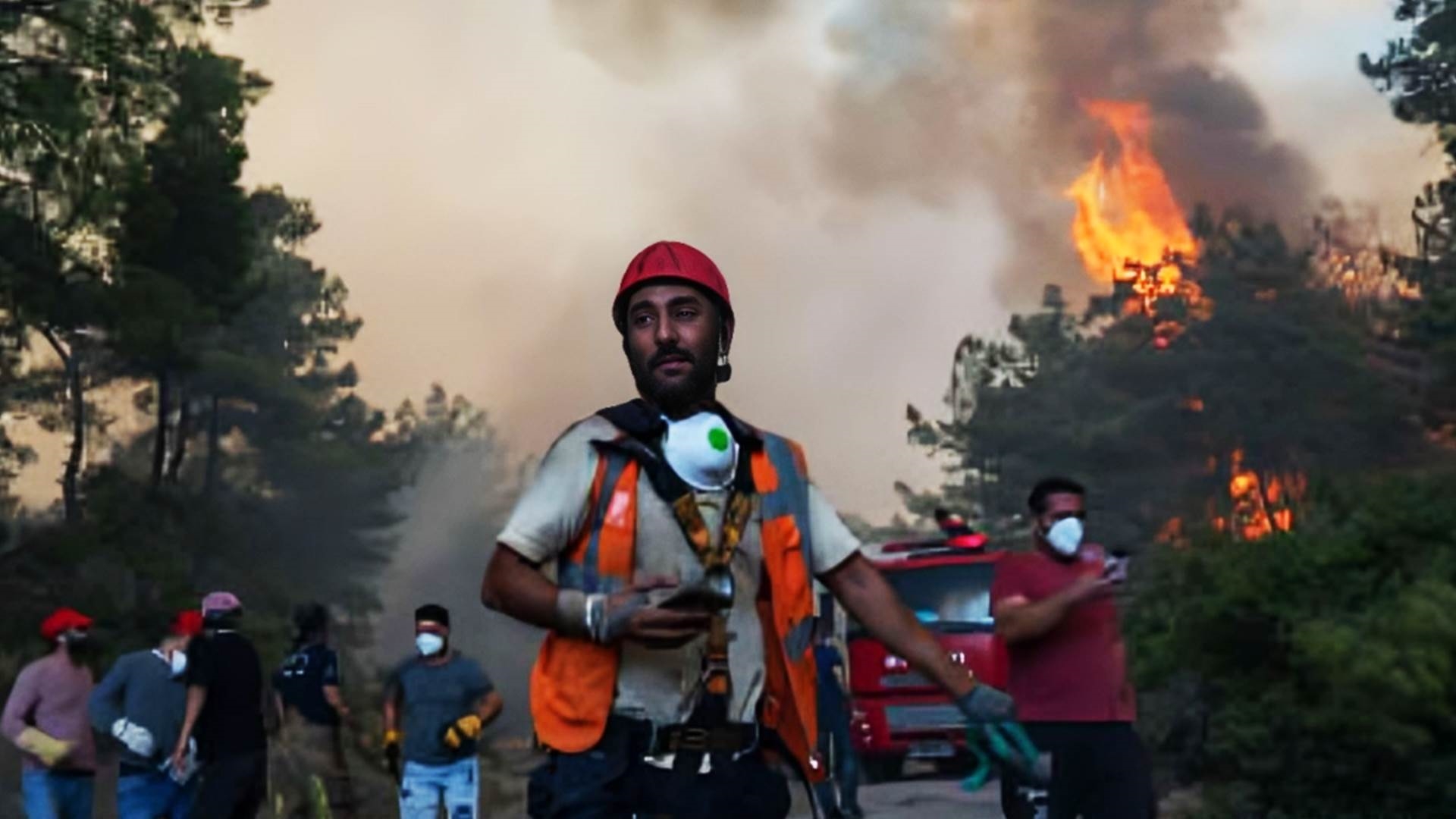How climate changes affect human health, What are the solutions to reduce them?
Mai El-Kafoury

Climate change poses a fundamental threat to human health, affecting the physical environment and all aspects of natural and human systems, including social and economic conditions, and is a major cause of humanitarian emergencies caused by heat waves, forest fires, floods and tropical storms.
These weather events directly and indirectly affect health, increasing the risk of deaths, non-communicable diseases, the emergence and spread of infectious diseases and the occurrence of health emergencies, as well as the impact on the health workforce and infrastructure.
Research shows that about 3.6 bn people live in areas highly vulnerable to climate change, and from 2030 to 2050, climate change is expected to cause about 250 000 additional deaths each year from undernourishment, malaria and heat stress.
All aspects of health are affected by climate change, from the purity of air, water and soil to diets and livelihoods. Delays in the face of climate change will increase health risks and this is confirmed in IPCC Sixth Assessment Report, Climate risks appear faster and will become more severe sooner than previously anticipated, and it will be difficult to adapt to increased global warming.
The report explained that 3.6 bn people already live in areas that are highly vulnerable to climate change, and although developing countries contribute very little to global emissions, they bear the most severe health impacts. In areas at risk, the mortality rate from extreme weather events in the past decade has been 15 times higher than in areas that are less at risk.
Climate change affects health in many ways, most notably by causing death and spreading diseases as a result of extreme weather events, such as heat waves, storms and floods, and by increasing zoonotic, food-borne, water-borne and vector-borne diseases.
It remains difficult to accurately assess the scale and impact of many climate-affected health risks. Nevertheless, scientific advances allow us to gradually identify an increase in global warming morbidity and mortality rates and identify the risks involved in these health threats.
According to World Health Organization data that around 2 bn people lack safe drinking water and 600 mn suffer from foodborne diseases annually, with about 1% of children under the age of 5 dying of foodborne diseases 30%
Changes in temperature and precipitation increase the prevalence of transmitted diseases without preventive measures, and deaths from such diseases, currently exceeding700 000 per year, may rise in addition to immediate mental health problems, such as anxiety and long-term disorders.
The climate crisis threatens to erase the progress that has been made over the last 50 years in the areas of development, global health and poverty reduction. World Health Organization seeks to address these challenges through some of the goals, notably:
Supporting a rapid transition to a clean energy economy; ensuring that health is central to climate change mitigation; Building better and more resilient health systems for climate change and environmentally sustainable.
This comes by ensuring basic services, environmental sustainability, resilience and supporting health systems to provide cheaper and cleaner solutions, in parallel with decarbonizing high-emission health systems.
Assessing health vulnerabilities and developing health plans; implement systems to monitor climate change regarding key risks, such as extreme heat and infectious diseases; supporting resilience and adaptation in specific sectors of health, such as water and food; filling the funding gap of health adaptation.
Finally, the organization seeks to include climate change in health priorities, such as universal health coverage and carbon neutrality targeting by 2030.







